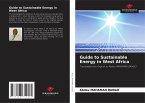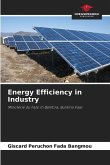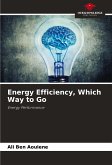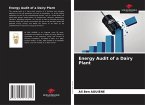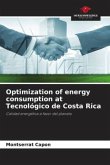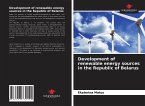The oil shocks of 1973 and 1979 marked an important step towards an international awareness of the burden of the energy bill on the economies of the world's countries. A new concept was born: the control of energy consumption or energy efficiency. From the Rio Conference in 1992 to the World Summit (COP 22 in Marrakech) in 2016 on global warming, there is always a question of the need to undertake actions aimed at energy efficiency. "Internationally, climate change is considered the greatest environmental and economic challenge facing the world today, a challenge requiring action on many fronts" [2]. In sub-Saharan Africa the rate of access to electricity for populations is 44.6% in 2017 [1]. In Burkina Faso, the national electricity coverage rate is very low, 36.08% in 2017 [13]. National consumption is essentially based on imported energy via interconnection lines and national production whose primary source is essentially imported, particularly diesel.


